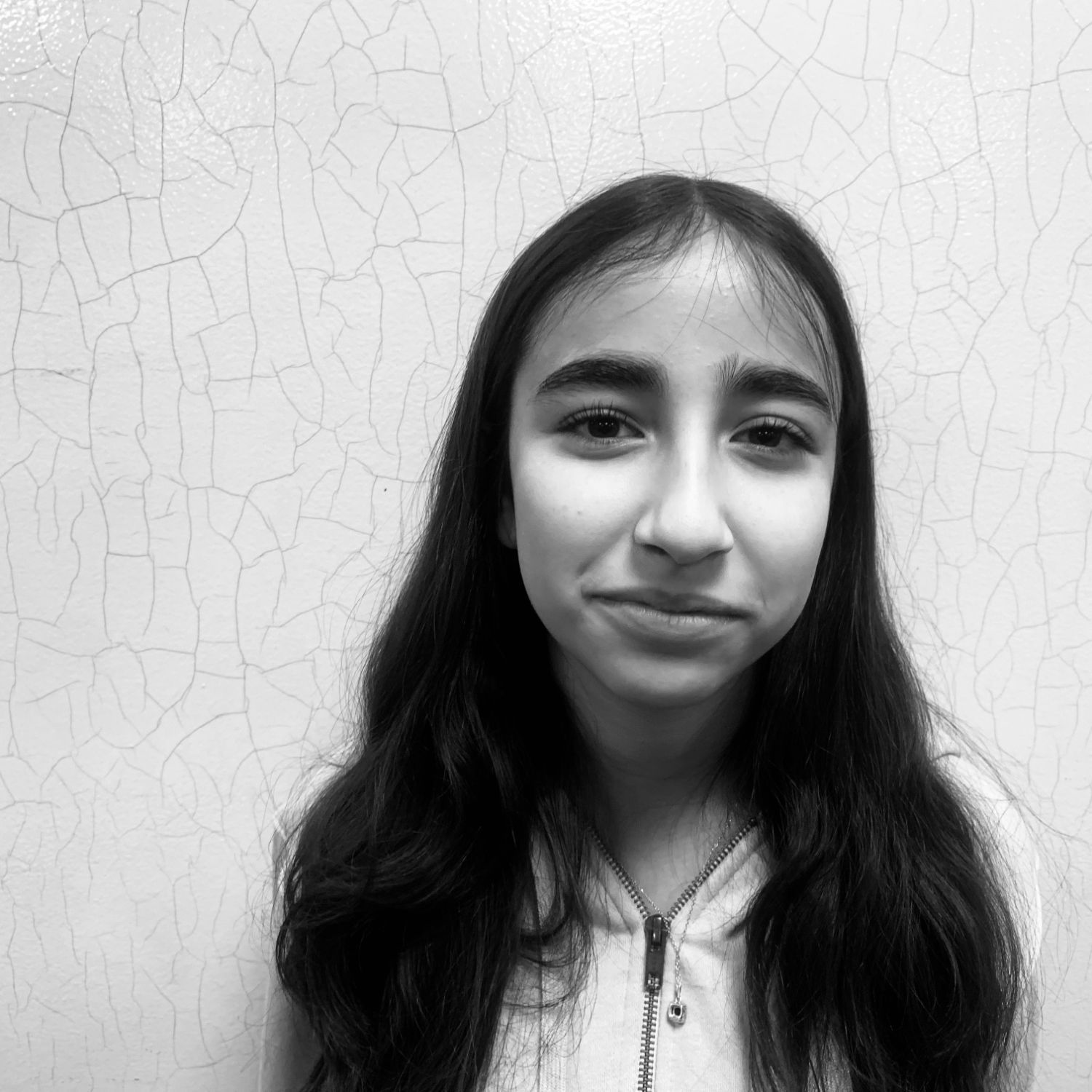We Are America
Two identities-one body
By Kamilah

Rhodes School , River Grove , Illinois
Growing up, I was raised with two different cultures. The Palestinian culture, and Mexican culture. I never put much thought into these cultures as I was young and didn’t fully understand them. I had just seen the things I did for each culture as fun activities that my siblings and I got to do. Around my 5th grade year, I started to think about these two cultures more. I never truly felt like I belonged in the cultures. I felt I was too Mexican for the Palestinian culture and too Palestinian for the Mexican culture. I also didn’t speak either of the languages as English was my main language. I would hear kids around me talking about things they do for their culture and I would think back about my cultures. Of course, I did stuff to celebrate each culture, but I never understood these celebrations and what they were for. I wanted to be able to understand and get more involved in these cultures but I had no idea where to start. Every year, my dad would take me and my siblings to celebrate the EID. This is to celebrate the end of Ramadan. I never participated in Ramadan, but my dad always did. We would be at a place where thousands of Muslims would go to celebrate this event. We would then go to my grandparents house to eat. We did this every year; yet, I never felt myself truly connected to the holiday or the tradition. With my mom, we celebrated Día de Reyes. I had never heard of this before so I was pretty excited to do it. I hadn’t fully understood the point of Dia De Reyes even when my mom had explained it to me. My siblings seemed to understand more about this than I did. I felt as if I had been left out. As I got into my 7th grade year, I thought even more about not feeling connected to my cultures. I always thought that my life would stay that way until about mid 7th grade. I saw how my sister started learning more about Mexican culture and the language. It had never occurred to me that I could be the one to learn about my culture. I shouldn’t have to wait for my parents to teach me things. As I saw my sister start asking more questions about each culture, so did I. Soon, my sister had her Quince.. When my sister was planning hers, I started seeing more of the traditional dances and ideas. For the Quince, my mom had incorporated a Palestinian tradition of getting henna. Through this, I learned about the tradition of henna and what it’s used for. Muslim women use it before their weddings to represent good health & prosperity. I also learned about a traditional Palestinian dance called the dabke. The women wear thobes and the men wear pants with wide belts and leather shoes. This dance is important to the Palestinian culture because it signifies hope, struggles, and the history of Palestine and its people. Throughout the many years I spent learning about my cultures, I started to feel more connected to them. I never felt as if I was too Mexican for the Palestinians or too Palestinian for the Mexicans anymore. I never let anyone tell me or make me believe that I didn’t belong to a culture. All that mattered was that I believed that I belonged. No one else’s opinion mattered as long as I was happy.
© Kamilah. All rights reserved. If you are interested in quoting this story, contact the national team and we can put you in touch with the author’s teacher.